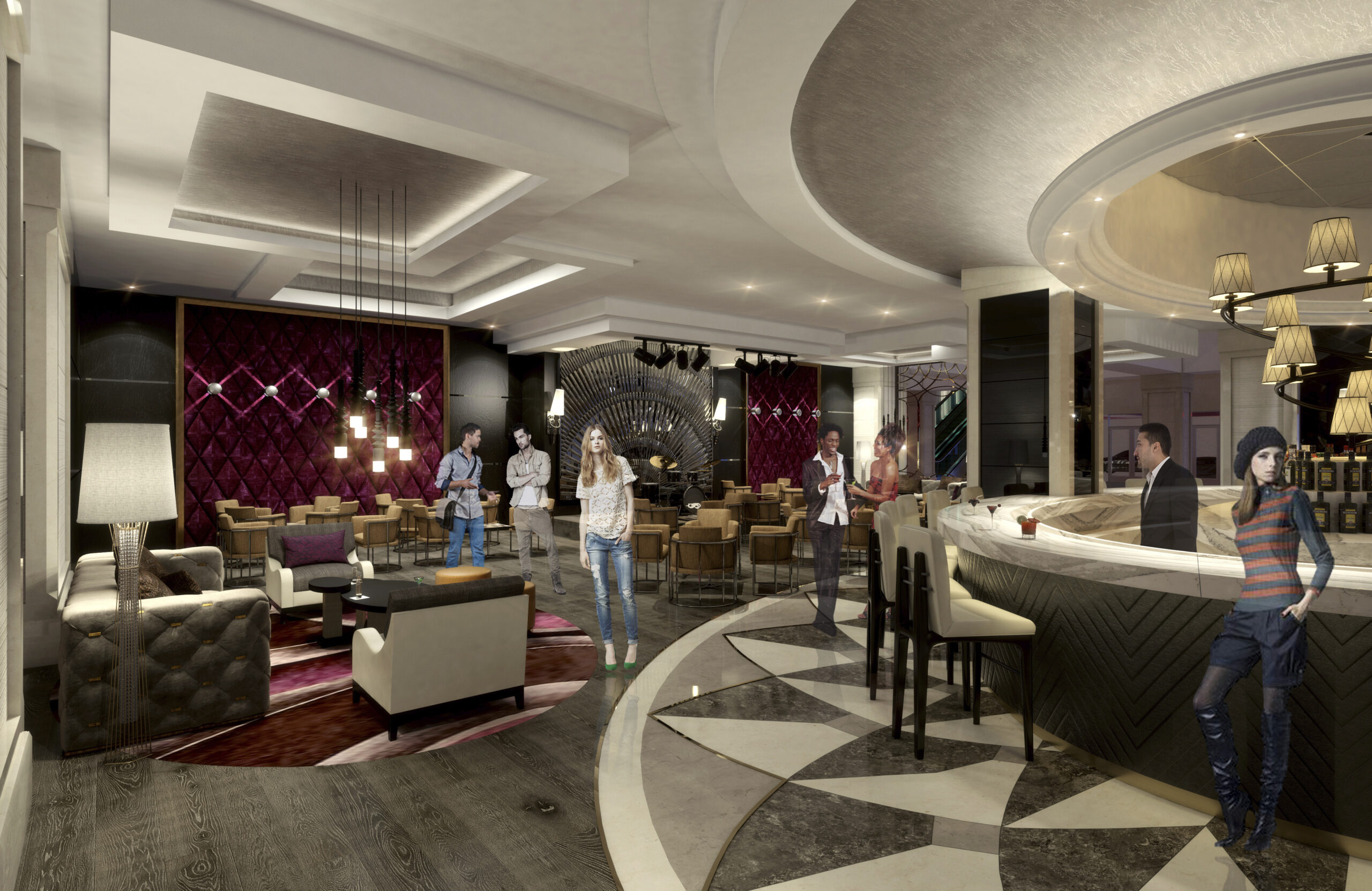What the next generation of gamers want from casino environments
By Hussain Kumal
November 9, 2020
When you think of a traditional casino, you probably imagine something theatrical and kitschy: dimly lit to focus attention on the games, and disorienting to discourage people from leaving, perhaps even filled with cigarette smoke.
Not anymore. In my work with operators like Sands, Galaxy Entertainment, Harrahs, Hard Rock, MGM, Caesars and Native tribes, we’re seeing that the consumer of today craves even more options, more entertainment, and a new kind of service and design. Millennial gamers in particular, born between 1980 and 1996, have mastered the art of multi-tasking, and have come to expect the same of their environments: they’re in search of dynamic, high-energy spaces that offer something new and exciting at every turn.
The next generation of gamers have high expectations, and it takes highly refined, highly varied and interactive environments to meet them.
As a result, creating successful gaming environments for this new generation of consumer requires an integrated approach, one that understands not only a casino’s basic functional requirements – from the guest experience to back-of-house and security – but also guests’ expectations across a range of luxury hospitality types: hotels, restaurants, clubs and beyond.
The next generation of gamers have high expectations, and it takes highly refined, highly varied and interactive environments to meet them.
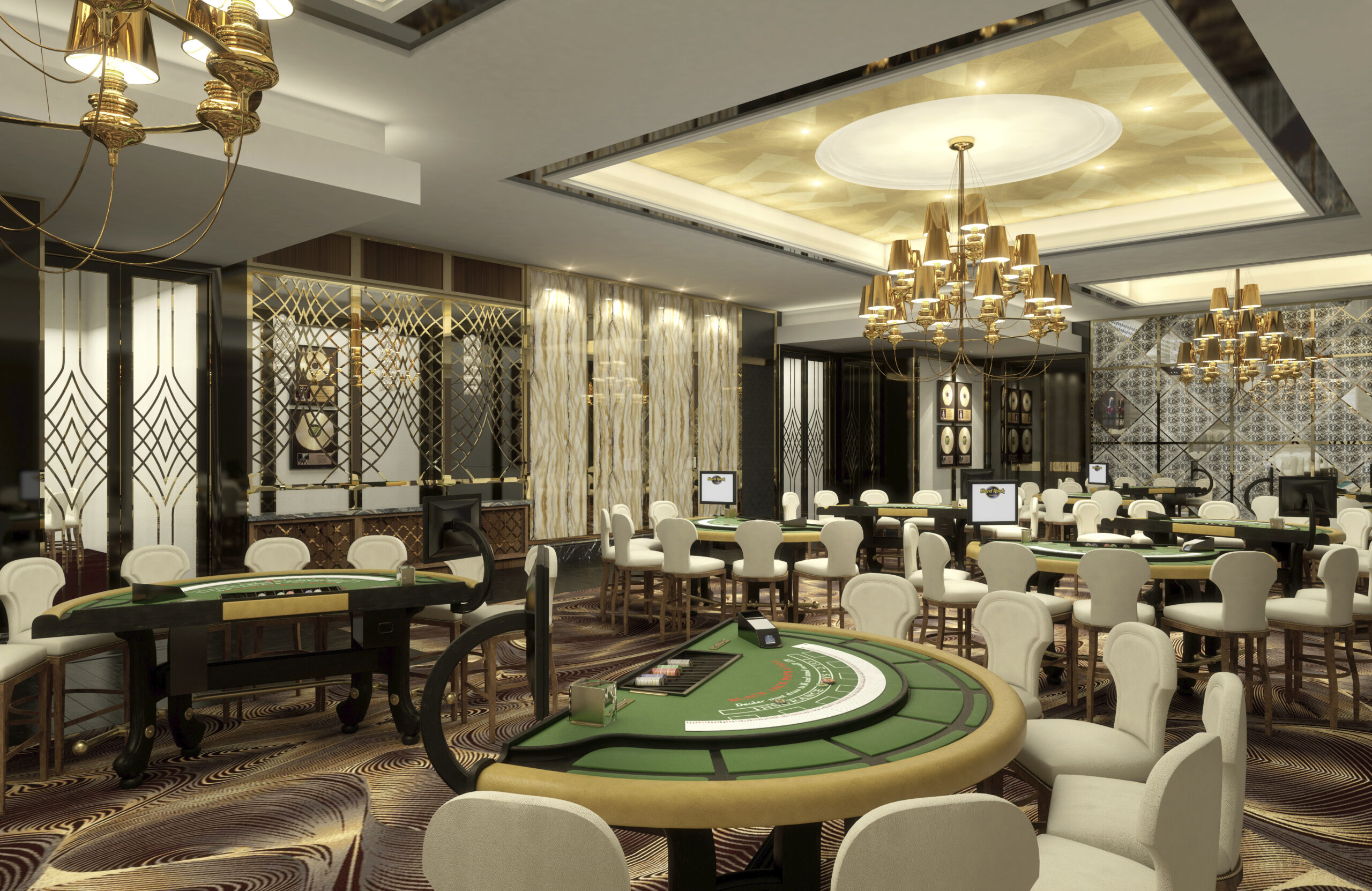
Refinement
Materials and finishes
Contemporary casino design now aims for an elevated, luxury look, not only in high-limits areas but everywhere. For millennials, that means light, fresh and modern materials. Where gold was once the finish of choice, now we’re seeing advancements in glass, resin and other surfaces, which can incorporate more artistic textures and colors than ever before.
Details
Refined detailing is important too – much like luxury automotive design, we put great care into things like stitching or the way materials are bent and crafted and joined together. The goal is to give every space a bespoke, sculptural aspect, from custom-designed lighting fixtures, to carpet, to furnishings, and even to the art and accessories included in the space. Most importantly, every material and detail should be chosen not because it’s cool, but because it gives meaning and adds value to the overall design.
We want to give every space a bespoke, sculptural aspect.
Comfort instead of confusion
Reflecting consumers’ expectations for elevated service, gaming environments are no longer disorienting mazes, but instead have clearly defined spaces and paths between them. This imparts a sense of comfort, as players instantly understand the gaming experiences available to them and how to get there – or even where to take a break.
Scent and its role in smoking/vaping lounges
Like high-end retail brands, some casinos commission their own perfumes to infuse into the ventilation system, keeping the gaming environment feeling fresh and lively. Its mix in the smoking environment, too, has become an integral component of gamers’ luxury experiences. Durable, high-end finishes and elevated furnishings accompany intensive air-extraction systems in the smokers’ and vapers’ lounges of today. Challenging the traditional hidden, window-less square box model you see in the international airports of the world, these new spaces often have a clear view to all the action of the casino floor and possess many of the facets we’ve come to expect from a high-energy, dynamic entertainment environment.
Health and safety
In light of COVID-19, safety elements like partitions and shields are increasingly important, but they shouldn’t be tacked-on afterthoughts – rather, they should be integral to the design language. Health considerations affect everything, from architecture and floor layouts down to touch-free bathroom fixtures, but customers’ expectations for refinement should always remain top of mind.
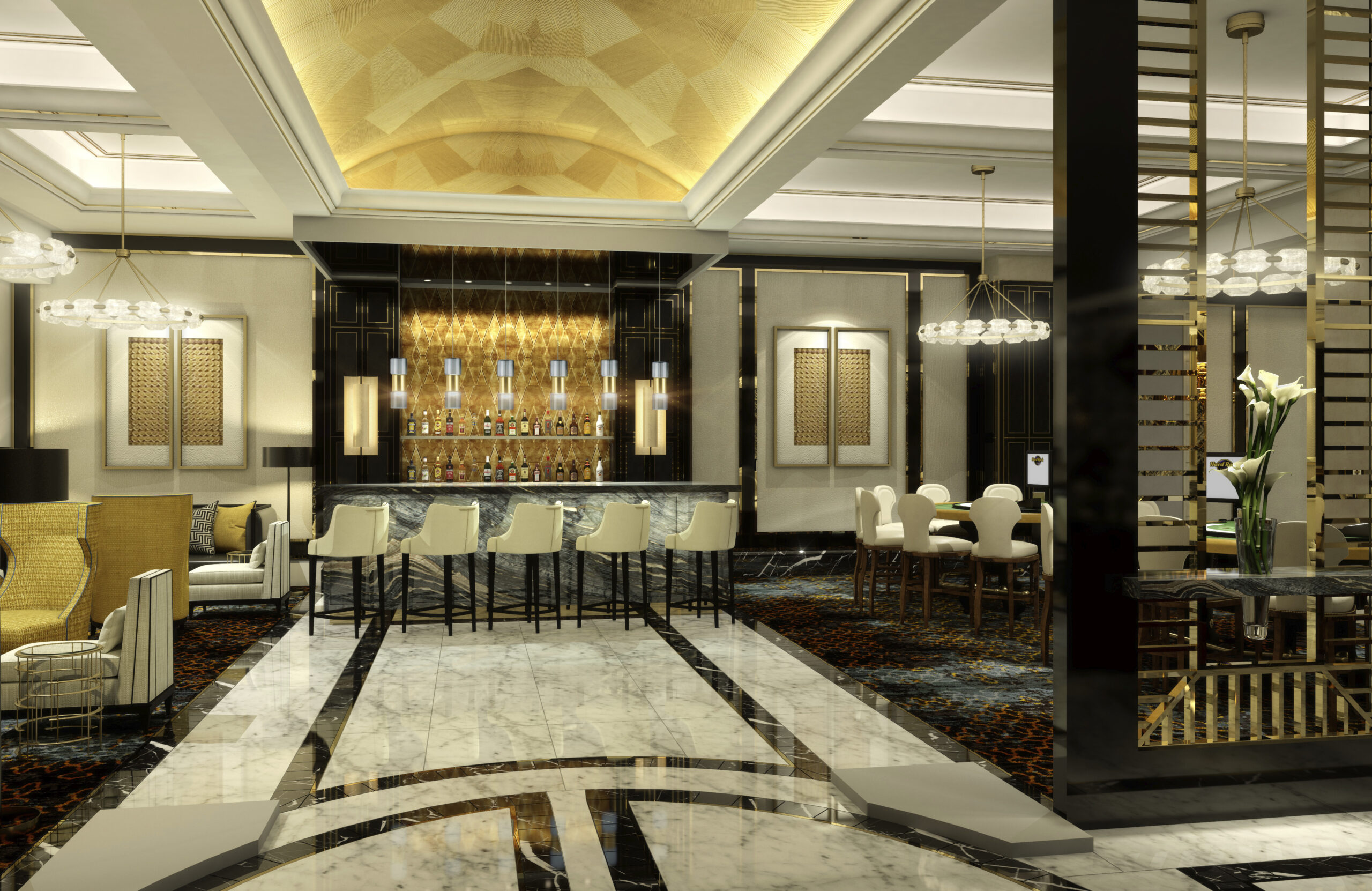
Variety and interactivity
Entertainment experiences
Millennials are professional multi-taskers, and casino operators are increasingly seeing the benefits of providing a greater range of experiences. Dynamic food and beverage components in particular, rather than being located around the periphery, can serve as focal points within the environment. Gaming tables themselves can be dispersed to create design elements throughout.
Gaming everywhere
With smartphones and downloadable apps, and our lives playing out online, gaming can now occur almost anywhere. Tables are increasingly wired with integrated USB ports, but still with elevated finishes to impart a sense of luxury. If customers want to take a break, they can retreat to a chic bar – now often positioned within the gaming environment – and continue to play. The goal is always to expand the range of entertainment experiences for guests, and increase revenue opportunities for operators.
The goal is always to expand the range of entertainment experiences for guests, and increase revenue opportunities for operators.
Turnover
Looking at the past ten or so years, gaming spaces have evolved faster than almost any other hospitality environment. Operators must continually provide something unique, not only in terms of design and aesthetics, but also in terms of new experiences, so customers will want to return.
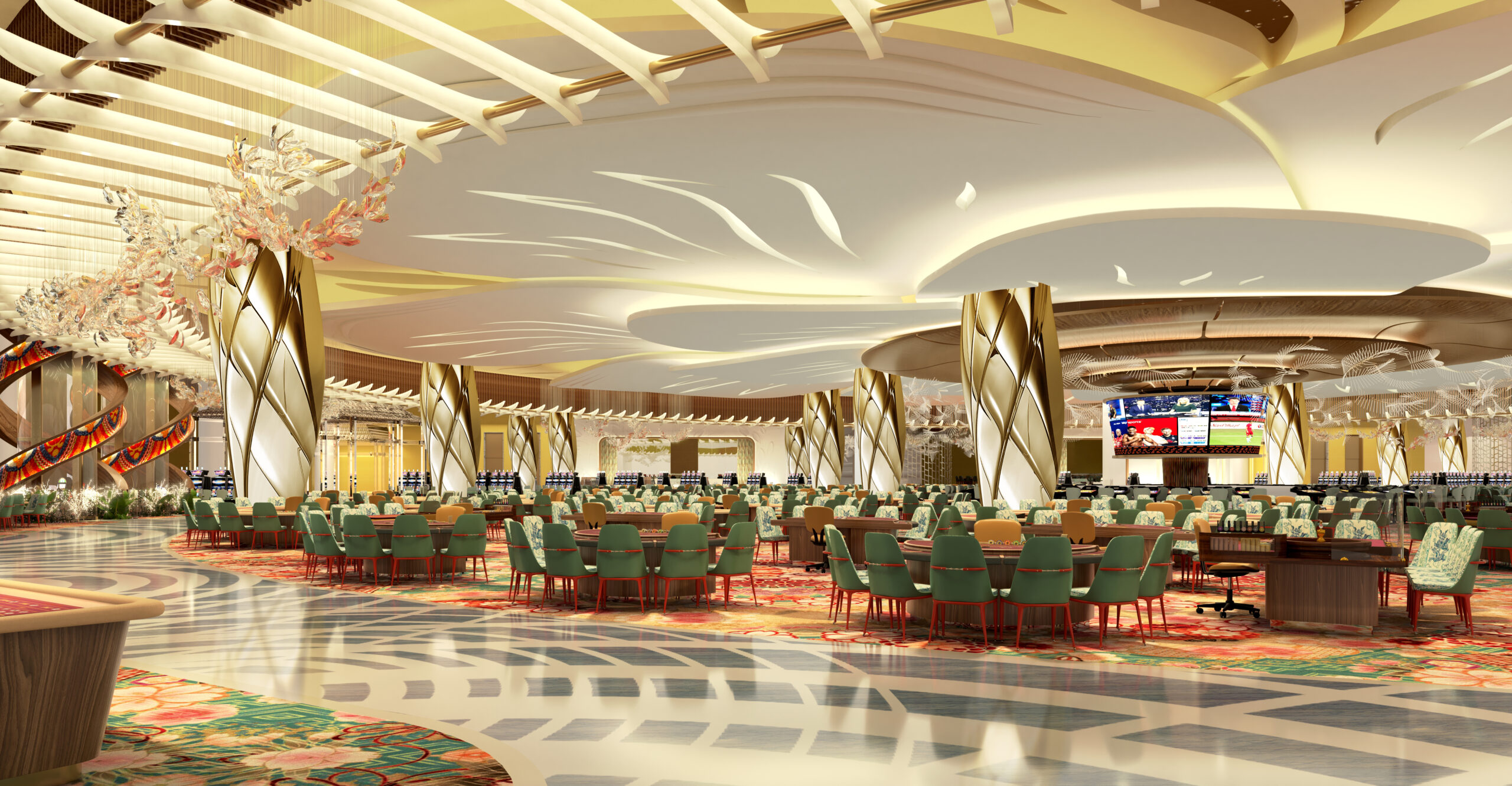
Latest Insights
Perspectives, trends, news.
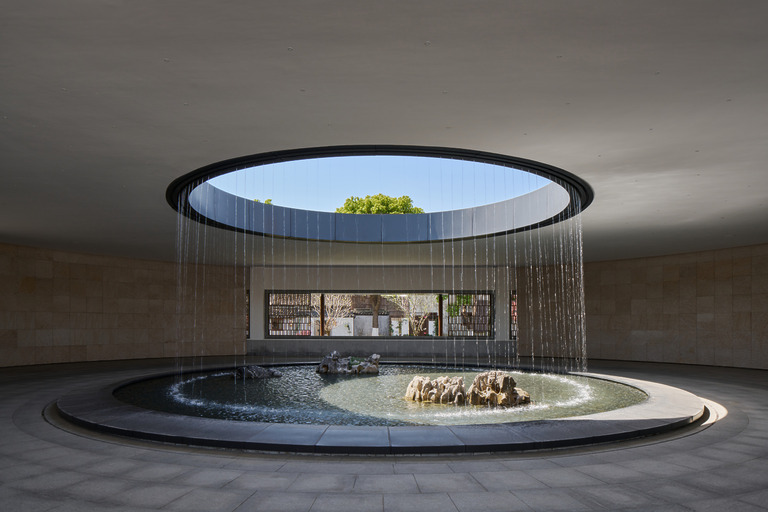
- Strategy & Research |
- Design Thinking & Innovation
Designing the Arrival Experience
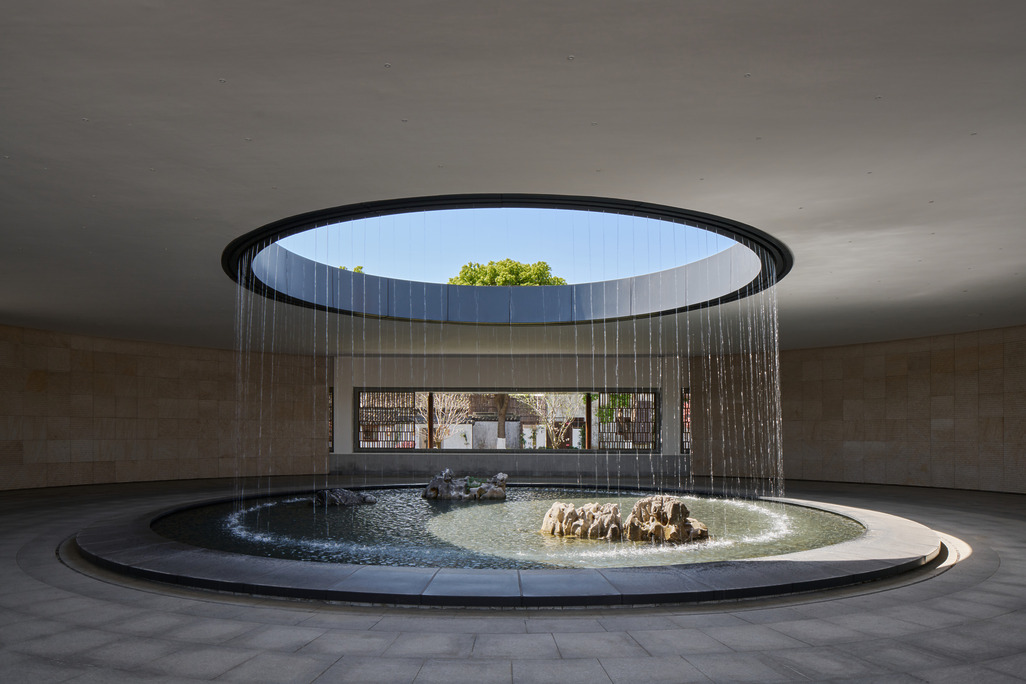
- Strategy & Research |
- Design Thinking & Innovation
Designing the Arrival Experience

- Employee Feature |
- Inside WATG
Mentorship, Community, and Creativity: WATG’s Blueprint for the Next 80 Years

- Employee Feature |
- Inside WATG
Mentorship, Community, and Creativity: WATG’s Blueprint for the Next 80 Years
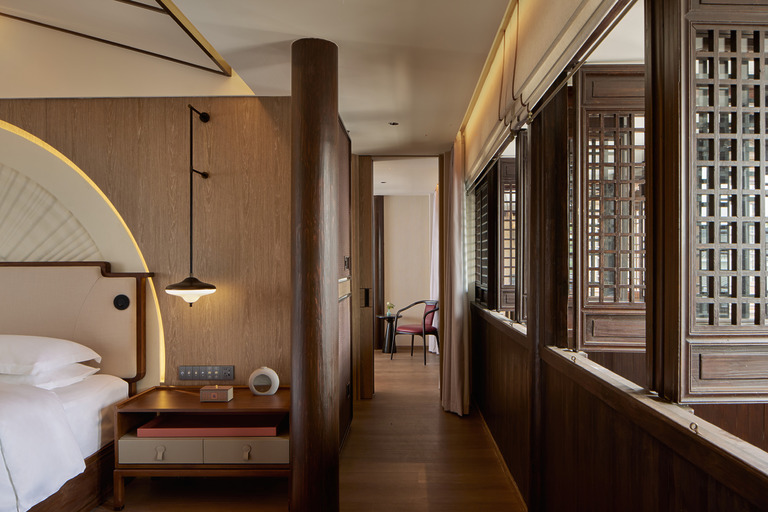
- Strategy & Research |
- Design Thinking & Innovation
Hotel Wuxi MGallery Collection: Part of a Story
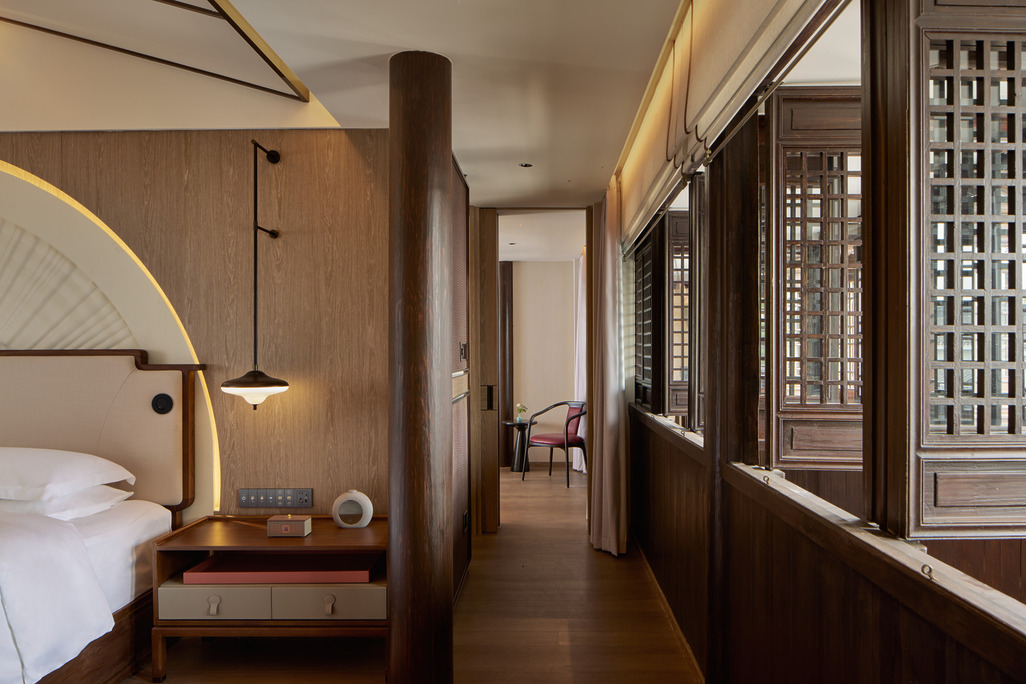
- Strategy & Research |
- Design Thinking & Innovation
Hotel Wuxi MGallery Collection: Part of a Story

- News
Behind The Scenes: ‘We Create Moments’

- News
